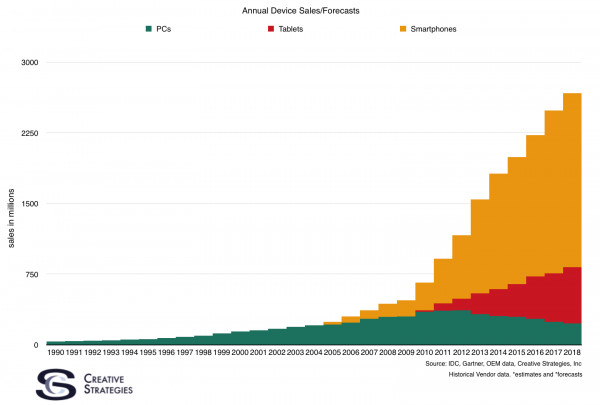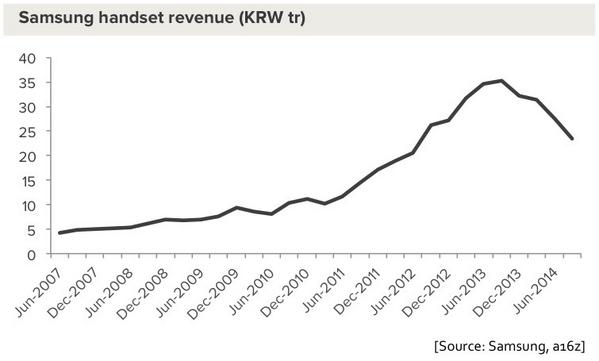Killian Bell, Cult of Android (emphasis mine):
Samsung’s TouchWiz user interface for Android is universally mocked for being bloated and slow, but it would appear the South Korean company is finally set to do something about it. Sources say it won’t just be overhauling its hardware for the upcoming Galaxy S6, but also its software as well as it aims to deliver an experience as smooth as pure Android.
TouchWiz isn’t just a skin on top of Android; almost every element of the user interface has been modified by Samsung in some way, and it comes with a whole bunch of Samsung apps and features — the vast majority of which are never used by the average consumer.
It doesn’t just make for a poor user experience, but it means that even on the latest hardware, TouchWiz can be slow and inefficient. Many Android fans — including me — will avoid Samsung devices just because of the software, or use third-party ROMs like CyanogenMod to provide a better experience.
Looks like Samsung's Next Big Thing is backtracking on all the gimmicky crap that they used to promote as The Next Big Thing.
More doesn't always mean more, folks. Samsung is learning this the hard way.

